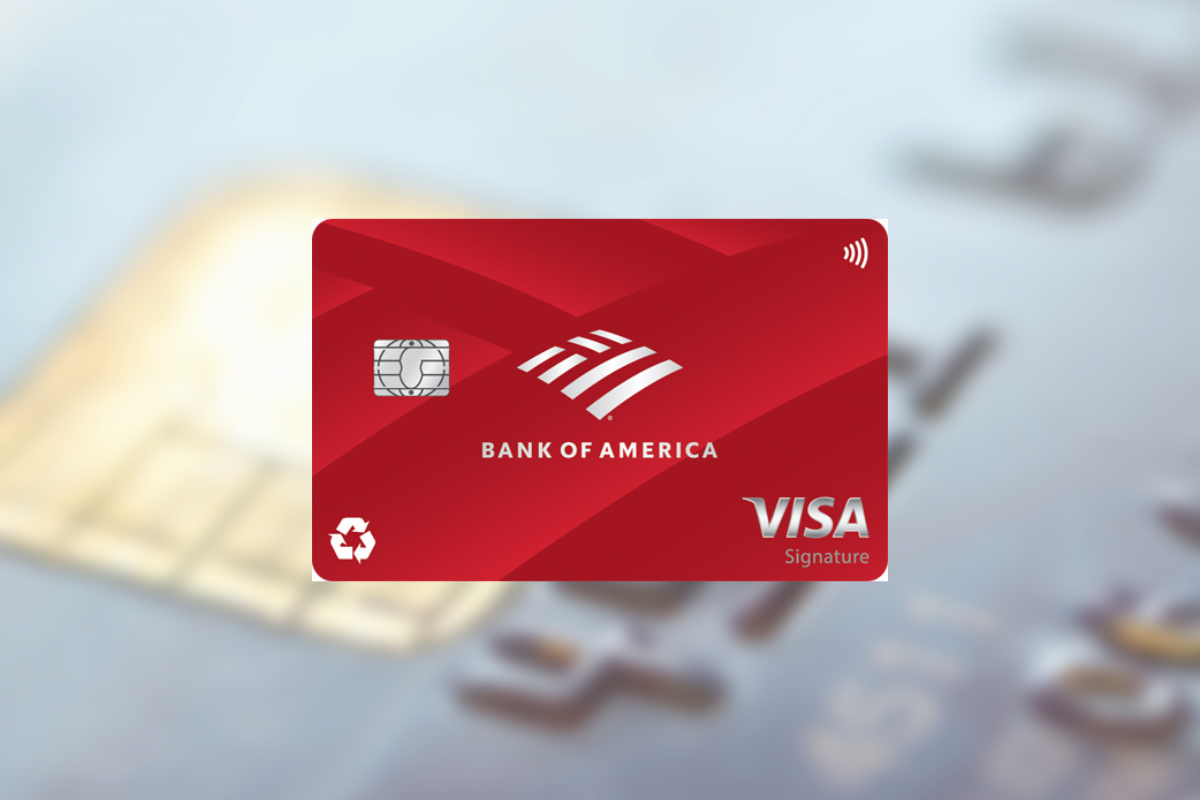How Credit Card Usage Can Influence Your Credit Score

The Importance of Credit Cards in Financial Wellness
For many individuals, credit cards often represent a double-edged sword in personal finance. While they provide a convenient way to make purchases or manage expenses, their impact on your credit score is profound and sometimes underestimated. Understanding the intricate ways credit cards influence your financial standing can transform your approach to spending, saving, and achieving your financial goals.
Payment History
One of the key components of your credit score is payment history. This factor accounts for approximately 35% of your total score, making it the most important aspect. Each time you make a payment on time, you build a positive credit history, which signals to lenders that you are a reliable borrower. Conversely, if you miss payments or are late, it can lead to significant drops in your score. For example, a single missed payment can lead to a decrease of as much as 100 points in some cases. To foster a healthy payment history, consider setting up automatic payments or reminders so you never miss a due date.
Credit Utilization Ratio
Your credit utilization ratio is another crucial element affecting your score, representing the amount of credit you are using compared to your total credit limit. Keeping your utilization below 30% is generally advisable; for example, if your total credit limit across cards is $10,000, aim to maintain a balance of no more than $3,000. This ratio shows lenders that you aren’t overextending yourself and can handle credit responsibly. If you find yourself frequently close to your limit, consider making multiple payments throughout the month or requesting a credit limit increase to improve your ratio.
Length of Credit History
The length of your credit history, which makes up about 15% of your score, is determined by how long your accounts have been active. A longer credit history can work in your favor as it showcases your experience with managing various types of credit. If you have a credit card you’ve kept open for years, it’s wise to maintain that account even if you rarely use it. Closing older accounts can shorten your history and negatively impact your score.
New Credit Applications
Finally, the number of new credit applications you make can signal risk to potential lenders, accounting for about 10% of your score. Each time you apply for a credit card, a hard inquiry is made on your credit report, which may slightly reduce your score. Additionally, if lenders see multiple inquiries within a short period, they may view you as a high-risk borrower. Thus, it’s wise to space out credit applications rather than applying for several cards at once.
Each swipe of your credit card is more than just a transaction; it’s a reflection of your financial habits and decisions. Embracing responsible credit card practices not only enhances your current consumer experience but also lays the groundwork for a more secure financial future. Understanding the connection between credit card usage and your credit score empowers you to make informed choices that contribute to your overall economic well-being.
In conclusion, the responsible use of credit cards enables you to reshape your financial landscape, cultivating a credit score that opens doors to better opportunities—be it lower interest rates on loans, favorable terms on mortgages, or even better chances for rental applications. By knowing and actively managing these critical aspects, you can move towards greater financial security and success.
DISCOVER MORE: Click here for insights on media planning
Understanding the Components of Your Credit Score
When it comes to building a robust financial profile, your credit score plays a pivotal role. This three-digit number, ranging from 300 to 850, encapsulates your creditworthiness and influences nearly every financial decision you make. Understanding how credit card usage impacts this score not only empowers you to make informed choices but also inspires you to adopt responsible habits that can lead to long-term financial health.
The Critical Role of Payment History
Payment history remains the backbone of your credit score, accounting for a hefty 35% of the total. It’s crucial to prioritize making payments on time, as each on-time payment builds a solid record of reliability. On the contrary, late payments can create a ripple effect, causing your score to plummet and resulting in higher interest rates when you apply for credit in the future. To ensure you’re on the right track:
- Set reminders for due dates.
- Utilize automatic payments for recurring expenses.
- Track your financial commitments regularly to avoid surprises.
By developing a consistent payment routine, you can showcase your responsible credit behavior to potential lenders, making you a more appealing candidate when seeking loans or credit cards.
Managing Credit Utilization for Success
Your credit utilization ratio speaks volumes about how well you handle credit. This metric measures how much of your available credit you are using compared to your total credit limit. A healthy utilization rate is below 30%, meaning if you have a total credit limit of $10,000, your balances should remain under $3,000. Keeping your balances manageable demonstrates fiscal responsibility to lenders. Consider these strategies:
- Pay down balances before the statement date.
- Request a credit limit increase cautiously.
- Diversify your credit usage to lower utilization.
By consciously managing your credit utilization, you protect your score while also enhancing your capacity to leverage credit when needed.
Building a Lasting Credit History
The length of your credit history is another critical factor, responsible for about 15% of your credit score. A longer credit history typically works in your favor, demonstrating your experience with managing credit over time. If you possess an older credit card that you rarely use, consider keeping it open. Closing it may shrink your credit history and adversely affect your score. Thus, preserving older accounts can open doors and contribute to the longevity needed for a solid financial reputation.
As you navigate the complexities of credit card usage, remember that every financial decision you make today has a ripple effect on your future. By understanding how your actions influence your credit score, you can foster behaviors that enhance your financial security, paving the way for better opportunities ahead.
DISCOVER MORE: Click here to find out more
Enhancing Your Credit Profile Through Smart Credit Card Use
The Impact of New Credit Inquiries
When applying for a new credit card, lenders will perform a hard inquiry on your credit report, which can temporarily decrease your score. This factor accounts for about 10% of your overall credit score. While it’s natural to want to shop around for the best rates, keep in mind that multiple applications in a short time can signal to creditors that you may face financial difficulties. Instead, take a strategic approach:
- Research options thoroughly before submitting multiple applications.
- Space out your applications to minimize the impact on your score.
- Utilize pre-qualification tools that don’t affect your credit.
Each inquiry serves as a reminder of your financial behavior, so being discerning in applications can save you from unnecessary score drops and ensure you present yourself as a responsible borrower.
Utilizing Different Types of Credit
Your credit score also benefits from a healthy mix of credit types, including credit cards, installment loans, and retail accounts. This mix accounts for 10% of your credit score and showcases your versatility as a borrower. If you’re solely reliant on credit cards, consider diversifying your credit portfolio with an installment loan, such as an auto loan or personal loan. This not only helps to improve your score but also demonstrates your capability to manage various forms of credit. However, do so with caution:
- Understand the terms and required payments before taking on new debt.
- Consider your financial goals and how new credit fits into them.
- Maintain a balance between credit types and your overall debt load.
This strategic diversification can bolster your credit profile and display your capacity to manage a wide array of debts effectively.
Staying Informed About Your Credit Report
Your credit report is a living document that reflects your financial behaviors. Regularly reviewing your report for accuracy can not only safeguard your score but also enhance it. Federal law entitles you to obtain a free credit report annually from each of the three major credit bureaus: Experian, TransUnion, and Equifax. Regularly checking your report empowers you to:
- Identify and dispute inaccuracies that may harm your score.
- Monitor changes to your credit profile over time.
- Access detailed insights into your performance in various credit categories.
By being proactive about your credit report, you take ownership of your financial journey. This vigilance can lead to greater awareness of your credit status and empower you to make better financial decisions.
Engaging in Responsible Credit Card Management
Ultimately, the way you use your credit cards not only reflects on your immediate purchasing power but also builds the foundation of your credit history. Responsible management of your credit cards includes setting a budget, keeping track of due dates, and avoiding unnecessary transactions that could lead to high balances. Creating a steady repayment plan ensures you not only fulfill your payment obligations but also fosters a positive relationship with credit. Remember:
- Use your cards for planned purchases, rather than impulsively.
- Consider the rewards offered by different cards to maximize benefits.
- Be aware of fees, especially with cash advances or late payments.
By embracing these principles, you cultivate a credit environment that nurtures your financial future and strengthens your credit profile, setting the stage for your aspirations, whether that be buying a home, saving for education, or embarking on a new business endeavor.
DISCOVER MORE: Click here
Conclusion
Understanding how credit card usage influences your credit score is essential for anyone striving to maintain financial stability and achieve their goals. As we’ve explored, the responsible management of credit cards—and the awareness of factors such as credit inquiries, the diversity of credit types, and the importance of staying informed about your credit report—collectively shapes your credit profile. Each time you utilize your credit, you’re not just making a transaction; you’re also molding your financial future.
By embracing smart strategies like budgeting for your credit card use, regularly checking your credit report for inaccuracies, and carefully considering new credit applications, you set yourself up for success. Cultivating a disciplined approach to credit can empower you to build a solid credit history that opens doors to opportunities, such as homeownership or better interest rates on loans.
Ultimately, remember that every decision you make regarding credit influences your journey. By taking the time to educate yourself, make informed choices, and engage in responsible credit behavior, you can inspire confidence in lenders and take charge of your financial destiny. This conscious and proactive management of your credit gives you the tools to turn aspirations into reality, paving the way for a secure and prosperous future.


